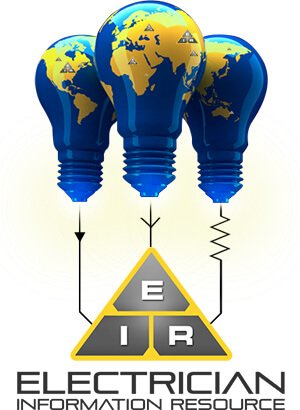Energy Definition
The simple definition of energy is a property or characteristic of matter that makes things happen, or has the potential to make something happen. That is why energy is put into one of two categories – kinetic or potential.
Making something “happen” means
causing change. This could be changing the condition as in shape,
volume or chemical composition, or changing the state as in
thermodynamics. Without energy, nothing can change. For example,
energy changes the mechanical energy from a generator into electrical
energy, which can then be used to power all sorts of electrical
devices.
Potential to Kinetic Energy
Potential energy is energy waiting to be used, like the chemicals stored in a battery. Kinetic energy is energy being used or in motion, like the heat from a fire.
When an object is not moving, like a car for example, it has potential energy. But, as soon as you start the ignition and move the car, the potential energy (in the form of gasoline) is changed into kinetic energy as the fuel in the combustion chamber of the engine is ignited. Once energy changes, it can not be reused. As soon as the fuel in the gas tank changes from potential energy to kinetic energy it can't be recaptured for future use. The heat from the braking pads also release energy that can't be recaptured.
Potential to Kinetic and Back to Potential Energy
An electric car (and to a certain extend, a hybrid) uses up its potential energy stored in the batteries after driving for a while. The chemical energy was changed to electrical energy in order to drive the traction motor, which converted this energy into mechanical kinetic energy to turn the wheels of the car, and make the car move.
When the brakes are applied, some of the kinetic energy is lost in the atmosphere, but the majority is recaptured as electricity through the regenerative system in the brakes. This energy is returned to the battery as potential chemical energy for future use.
Recapturing energy usually lost when a car is stopped is like having an endless supply of free fuel. Advancements in technology mean that this energy can be recaptured without the need for electricity and batteries. Innovative developments like flywheel power are simpler and will soon replace the complex heat conversion methods currently used in most electric cars.
This wrap things up for this article, feel free to visit the electrical theory page for more topics.





